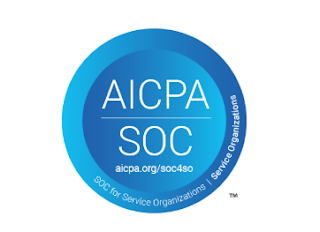Technical and Physical Safeguards outlined in HIPPA Security Rule

The HIPAA security rule outlines the requirements for the protection of electronic PHI (Patient Health Information). While most healthcare professionals and stakeholders know about HIPAA , many do not fully appreciate its significance in their day to day operations, particularly in the area of security. If your organization collects health information, getting compliant now will help you avoid penalties such as fines, legal fees or harm to reputation. Following are the technical and physical safeguards needed under the HIPPA security rule: Technical Safeguards required: Network Encryption Control Access Authenticate ePHI Encrypt Devices Control Activity Audits Enable Automatic Log Off Physical Safeguards Required: Control Facility Access Manage Workstations Protect Mobile Track servers Administrative Safeguards Required Risk Assessment Systematic Risk Assessment Train Your Staff Build Contingencies Block unauthorized access Document all security incidents HIPAA Privacy Rule This is in ...

